When it comes to charging an electric car, the speed of the charger plays a crucial role. If you’re wondering how fast a 7kW charger is, this guide will provide you with all the information you need.
The charging speed of electric cars depends on various factors, including the make and model of the car and the charger being used. Temperature and battery State of Charge also have an impact on charging speed. Electric cars are defined by their battery size, measured in kilowatt hours (kWh), while chargers are rated in kilowatts (kW). Higher-powered chargers deliver faster charging speeds, adding range per hour of charge based on their power output.
Key Takeaways:
- A 7kW charger delivers a moderate charging speed for electric cars.
- Charging speed is influenced by factors such as the car’s make and model, charger type, temperature, and battery State of Charge.
- Electric car batteries are measured in kilowatt hours (kWh), while chargers are rated in kilowatts (kW).
- The larger the battery size, the longer it takes to charge.
- Home charging is the most convenient and cost-effective option for electric car owners.
The Difference Between Kilowatt Hours (kWh) and Kilowatts (kW)
When it comes to electric cars, understanding the difference between kilowatt hours (kWh) and kilowatts (kW) is essential. These terms play a crucial role in determining the battery size, charging speed, and overall performance of an electric vehicle (EV).
Electric Cars and Battery Size: Electric cars are defined by their battery size, which is measured in kilowatt hours (kWh). The battery size determines the amount of energy that can be stored and used to power the vehicle. Typically, EV battery sizes range from 30kWh to around 100kWh, with larger batteries offering a longer driving range.
Charging Speed and Kilowatts (kW): Kilowatts (kW) refers to the power output of the charger used to charge an electric car. Higher-powered chargers have a higher kW rating, resulting in faster charging times. The charging speed is directly proportional to the charger’s power output, meaning that a charger with a higher kW rating will charge the car faster.
Energy Consumption and EV Range: On average, electric cars consume approximately 34.6kWh to travel 100 miles. This value can vary depending on various factors such as driving conditions, vehicle efficiency, and individual driving styles. The energy stored in the battery (kWh) directly impacts the electric vehicle’s driving range, with larger batteries providing a longer range before they need to be recharged.
Comparing Kilowatt Hours (kWh) and Kilowatts (kW)
To better understand the differences between kilowatt hours (kWh) and kilowatts (kW), let’s summarize their main characteristics:
- Battery Size: Kilowatt hours (kWh) measure the energy storage capacity of an electric car’s battery. Larger batteries offer a longer driving range but require more time to charge.
- Charging Speed: Kilowatts (kW) represent the power output of the charger used to charge an electric car. Higher kW ratings result in faster charging times.
Now that we understand these concepts, it’s clear that both kilowatt hours (kWh) and kilowatts (kW) play crucial roles in determining the overall performance and charging capabilities of electric vehicles. Having this knowledge will help EV owners make informed decisions about their charging needs and understand the relationship between battery size, charging speed, and driving range.
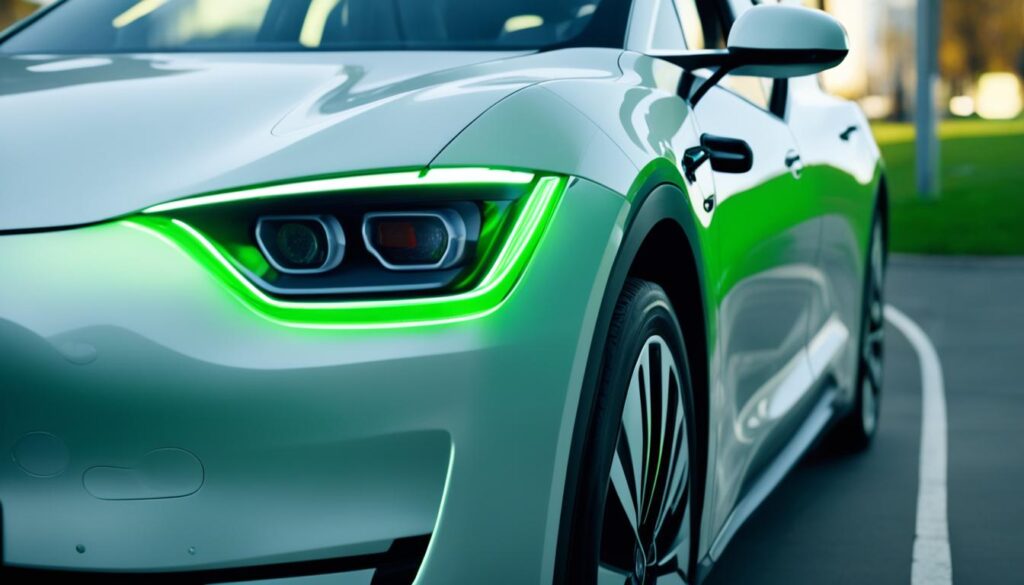
Types of Chargers and Charging Speeds
When it comes to charging your electric car, understanding the different types of chargers and their corresponding charging speeds is crucial. Chargers are categorized into slow, fast, rapid, and ultra-rapid chargers based on their power output and charging capabilities. Let’s explore each type:
1. Slow Chargers
Slow chargers have power outputs of 3-6kW and are typically used for overnight charging at home or in public areas where extended charging times are acceptable. These chargers can take up to 12 hours to fully charge an electric car, making them suitable for drivers who have longer charging periods.
2. Fast Chargers
Fast chargers have power outputs ranging from 7-22kW and offer significantly quicker charging times compared to slow chargers. With a fast charger, you can charge your electric vehicle in just 1-2 hours, making them ideal for drivers who need a quick top-up while running errands or during shorter stops.
3. Rapid Chargers
Rapid chargers provide a significant jump in charging speeds compared to slow and fast chargers. With power outputs of 43-50kW, these chargers can charge an electric car in as little as 20 minutes to an hour. Rapid chargers are commonly found at public charging stations and are suitable for drivers on longer journeys who require a faster charging option.
4. Ultra-Rapid Chargers
For the fastest charging speeds available, ultra-rapid chargers are the way to go. These chargers have power outputs of 100kW or more, allowing you to charge your car in as little as 20-25 minutes. Ultra-rapid chargers are typically found at dedicated charging stations along highways and major travel routes, providing convenient and efficient charging options for long-distance trips.
It’s important to note that charging speeds may vary depending on the specific electric vehicle and its compatibility with different charger types. Consulting your vehicle’s manual or the manufacturer’s website can provide more detailed information on the optimal charging speeds for your electric car model.
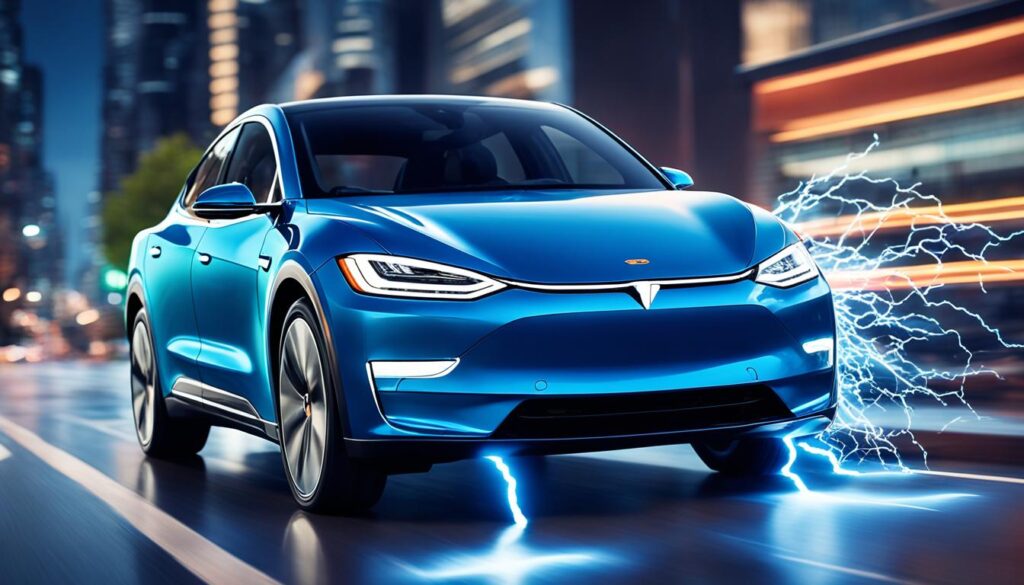
Charging at Home and Public Charging Speeds
When it comes to charging an electric car, home charging is often the most convenient and cost-effective option. By installing a dedicated wallbox charger at home, you can significantly reduce charging times compared to using a standard domestic socket.
Charging an electric car using a standard domestic socket can take longer, depending on the battery size. In some cases, it can even take up to a day to fully charge the vehicle. However, with a wallbox charger, you can enjoy faster charging times and have your car ready to go in no time.
Aside from home charging, public charging options are also available for electric car owners. Public chargers can be found at various locations, including shopping centers, parking lots, and public streets. The charging speeds at public chargers depend on the charger type.
Non-rapid charging, which includes both slow and fast charging, typically takes around 6-12 hours to fully charge an electric car. This is suitable for overnight charging or when you have ample time to charge your vehicle. On the other hand, rapid and ultra-rapid charging can significantly reduce charging times, taking only 20 minutes to an hour to charge an electric car.
Overall, the availability of home charging and public charging options provides flexibility for electric car owners. Whether you choose to charge at home or take advantage of public chargers, the charging times vary based on the charger type and your needs.
Remember, it’s always recommended to plan your charging ahead of time to ensure a seamless charging experience, whether you’re at home or using public chargers.
Factors Affecting Charging Time
The charging time of an electric car can be influenced by various external factors. Understanding these factors can help you better plan your charging strategy and optimize the charging experience for your electric vehicle (EV).
Temperature
Extreme temperatures, whether it’s cold or hot, can impact the charging speed and overall health of your EV’s battery. It’s important to note that batteries function optimally at comfortable temperatures. Charging speeds are typically maximized when the battery is warm. Extremely cold temperatures can slow down the charging process, while high temperatures can cause the battery to degrade more quickly over time. Therefore, it’s best to avoid extreme temperature conditions when charging your EV.
Battery State of Charge
The State of Charge (SoC) of the battery at the time of charging also plays a role in determining the charging speed. Charging times are often quoted from 20% to 80% due to the charging curve. Charging from a lower SoC to a higher SoC generally takes less time compared to charging from a higher SoC to full capacity. It’s worth noting that the charging speed may decrease as the battery approaches full capacity.
Preconditioning
Preconditioning refers to the act of preparing your EV’s cabin temperature using the onboard system before starting your journey. By preconditioning the car’s cabin, you can save energy while on the move, as the battery doesn’t have to divert power to cool or heat the interior. This can indirectly impact the charging time by optimizing the energy usage of the battery, allowing it to focus on charging rather than cabin temperature control.
By understanding these factors and taking appropriate measures, you can help optimize the charging time of your electric vehicle and ensure efficient operation. However, it’s important to consult your EV manufacturer’s guidelines and recommendations for the best charging practices specific to your vehicle model.
Conclusion
Charging an electric car may take longer than refueling with petrol or diesel, but the convenience of home charging can outweigh the charging time. By planning ahead and familiarizing yourself with the charging speeds and locations, you can ensure a smooth and efficient journey with your electric vehicle (EV).
When considering an EV, it’s important to take into account factors such as the battery size, charger power output, and external conditions. These elements can significantly impact the charging time of your EV, so it’s essential to choose a vehicle that aligns with your needs and lifestyle.
Additionally, the RAC offers electric vehicle breakdown cover and support for EV owners. This provides peace of mind and assistance in case of any unexpected issues while driving an electric car. With the convenience, environmental benefits, and evolving charging infrastructure, running an EV is becoming an increasingly attractive and efficient option for drivers.





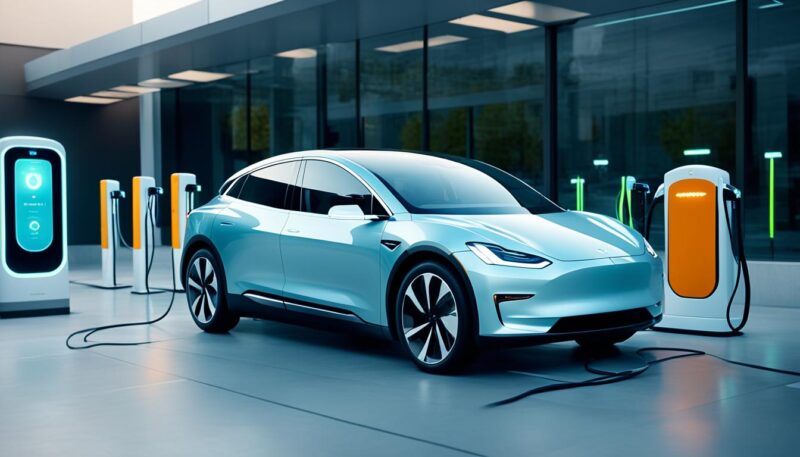


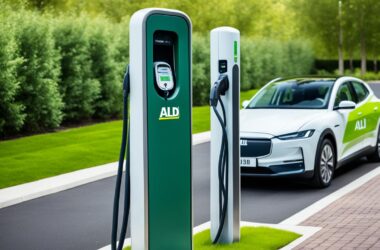
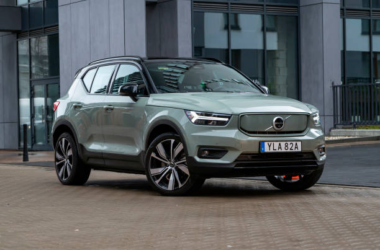
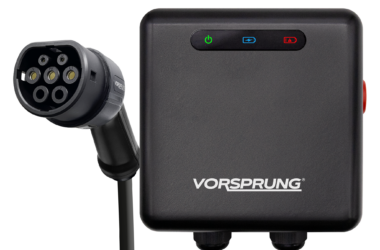
you’re really a good webmaster. The website loading speed is amazing. It seems that you’re doing any unique trick. In addition, The contents are masterpiece. you have done a excellent job on this topic!
Pretty nice post. I just stumbled upon your blog and wanted to say that I’ve truly enjoyed browsing your blog posts. After all I’ll be subscribing to your rss feed and I hope you write again soon!
I am glad to be a visitant of this everlasting web site! , regards for this rare info ! .
You made some clear points there. I looked on the internet for the topic and found most individuals will approve with your blog.
I haven’t checked in here for a while since I thought it was getting boring, but the last several posts are good quality so I guess I’ll add you back to my everyday bloglist. You deserve it my friend 🙂